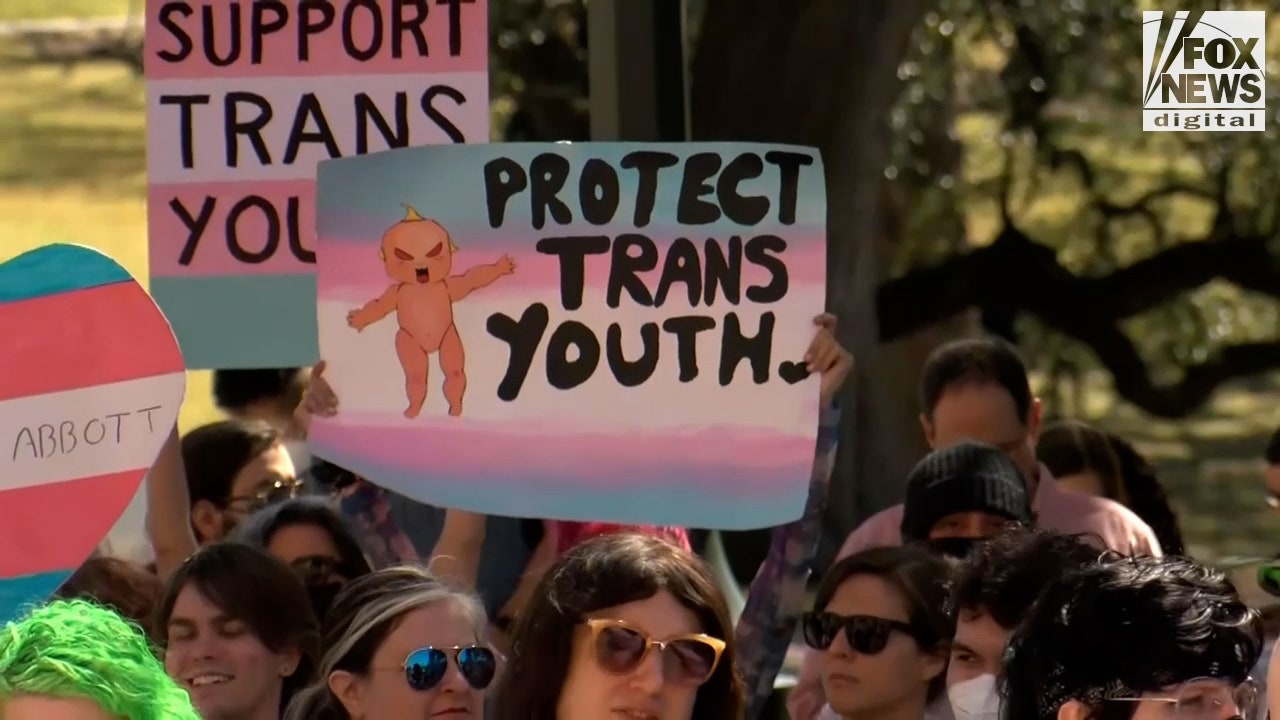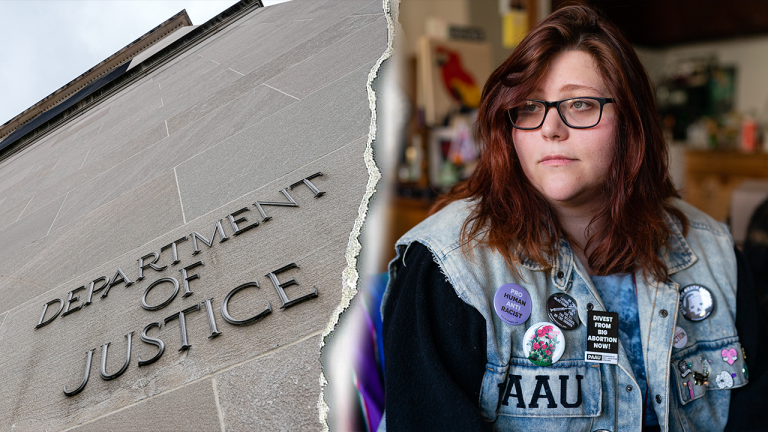Supreme Court refuses to consider parents’ challenge to Maryland school transgender policy
The Supreme Court has decided not to hear a case brought forth by Maryland parents who sought to sue a school district over its policies supporting gender transition among students without parental consent.
The case, known as John and Jane Parents 1 v. Montgomery County Board of Education, raised questions about whether the parents had the proper standing to file the lawsuit. The 4th Circuit Court of Appeals ruled last August that three parents in Montgomery County did not have standing to challenge the policy.
According to the parents, the district’s gender identity policy for the 2020-21 school year allowed for the concealment of information regarding a child’s preferred pronouns and gender identity from parents. However, the 4th Circuit dismissed the parents’ claims, stating that their children were not transgender, did not have gender support plans, and were not struggling with issues of gender identity.
Gene Hamilton, the executive director of American First Legal, expressed disappointment in the Supreme Court’s decision not to take up the case. He criticized federal judges for failing to address the issue of standing properly, calling for a change in the way judges handle such cases.
U.S. District Judge Paul Grimm, an appointee of former President Barack Obama, initially ruled against the parents last August. Judge Grimm emphasized the importance of balancing the interests of both parents and students, noting that parents should be involved only when the student consents and when it is safe to do so.
The 4th Circuit’s three-judge panel, led by Circuit Judge A. Marvin Quattlebaum, upheld the lower court’s decision in August. Judge Quattlebaum, a Trump appointee, acknowledged the validity of the parents’ objections to the school’s policy but noted that the parents failed to demonstrate any personal injury resulting from the policy.
Kayla Toney, a counsel at First Liberty Institute, expressed disappointment in the Supreme Court’s refusal to hear the case. She highlighted the importance of parental rights and the harmful impact of policies that keep gender transitions hidden from parents, especially those with religious backgrounds.
As the debate over parental rights and school policies regarding gender identity continues, it is crucial for policymakers, judges, and advocates to consider the well-being and rights of all parties involved. The Supreme Court’s decision not to intervene in this particular case underscores the complexities and challenges inherent in navigating issues related to gender identity and parental consent in educational settings.








